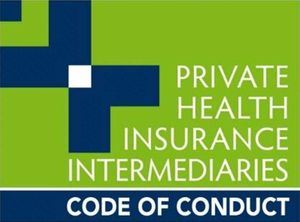Whether private health insurance for pregnancy is worth it depends on your individual circumstances, preferences and what you value most in your maternity care. Here are some benefits of the public and private system to consider.
The benefits of going private
Obviously one of the biggest advantages of private health insurance with pregnancy is that it can make it more affordable to access private health care.
This gives you the ability to choose your obstetrician and receive consistent care throughout your pregnancy and at the birth. This is highly valued by many expectant mothers, particularly those with birth anxiety, previous birth trauma, or complex emotional needs.
Private patients can also choose their hospital and may benefit from a more comfortable environment, including private rooms and the ability for partners to stay overnight.
Appointment times are often more flexible and predictable, which can be particularly valuable if you’re time poor. If you live in a regional or remote area, private care may also give you access to services like telehealth appointments with your obstetrician at a time suited to you which may suit your specific circumstances better.
Pain relief options like epidurals may also be more readily available in private hospitals, where anaesthetists typically have lower patient loads than in the public setting.
The benefits of going public
If you’re comfortable being cared for by different providers, the public system offers excellent, safe and free care. This is particularly the case if you can access a midwifery continuity model of care such as Midwifery Group Practice (MGP) which provides continuity of care throughout pregnancy, birth and the postnatal period for women with low-risk pregnancies.
Ultimately, clinical care standards are high in both systems. Along with the lower cost for patients of the public system, Dr Stephanie explained that public hospitals are generally better equipped to care for very complex high-risk pregnancies and emergencies, due to the access to specialist units like ICU and Neonatal Intensive Care Unit on site.
Emergency teams are also often more easily and readily available in the public setting, due to higher numbers of staff available out of hours, especially in the tertiary hospital centres.









